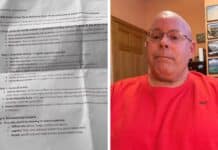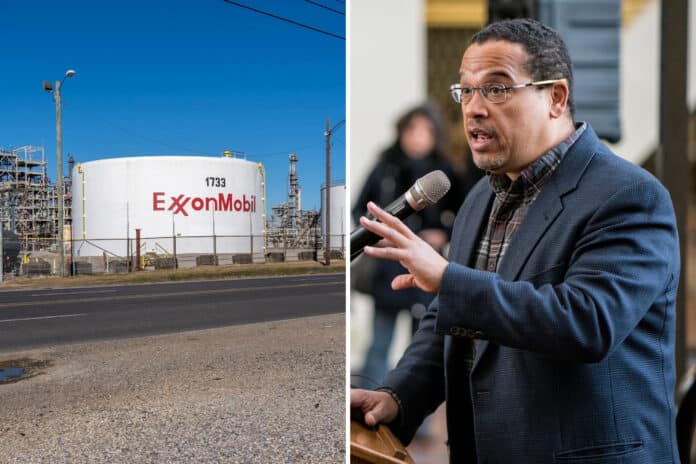As judges across the nation examine—and are rejecting—the merits of litigation blaming oil and gas companies for climate change, the future of Minnesota’s lawsuit is up in the air.
From its start in 2020, Attorney General Keith Ellison’s climate lawsuit has been marked by controversy. Soon after its filing, Ellison’s hiring practices were put under a microscope when it was revealed he employs multiple “Special Assistant Attorneys General,” whose salaries are funded by former New York City mayor, billionaire, and environmentalist Michael Bloomberg. These attorneys—who are hired and placed with the explicit goal of bringing forth environmental litigation—are beholden not to Minnesota taxpayers, but to a far-left ideology. This lack of transparency fueled 2022 legislation to limit outside interests from influencing the state’s attorney general’s office.
It was later revealed that Ellison relied extensively on the support of billionaire-funded East Coast activist organizations to get the case off the ground. Similarly, the law firm managing the case has received extensive financial support from deep-pocketed foundations, including one run by liberal Hollywood actor Leonardo DiCaprio.
Ellison’s lawsuit and its tangled web of billionaire funders and activist influence became a key issue in his 2022 reelection campaign, with his opponent arguing the case is “fundamentally motivated by headlines” and prophesying that it “would fall apart” legally.
Fast forward to 2024, and a legal unraveling is exactly what is happening. As a Minnesota state court weighs the defendants’ motions to dismiss the lawsuit, it would do well to look at other state courts across the country that are recognizing these lawsuits’ overreach. In January, a judge in Delaware axed a majority of the state’s claims. And in August, Baltimore’s case was dismissed outright. The judge rebuked the city for using the courts as “a way to get in the back door what they cannot get in the front door”—in other words, the attempted eradication of fossil fuels not through legislative means, but by court order.
Indeed, this has been the goal of climate litigation all along: price fossil fuel companies out of business by litigating them to death. But after a volatile several years of energy policy and potential energy starvation in Europe following Russia’s invasion of Ukraine, it seems the tide is changing on the war against fossil fuels. Perhaps most notable on this switch is Vice President and former Democratic presidential nominee Kamala Harris, who went from being an outspoken proponent of banning all fracking to now propping up her administration’s reign over the largest oil production increase in U.S. history.
At the same time, Minnesota’s own governor and former Democratic vice presidential nominee Tim Walz touted increased uses of oil and the need for an “all of the above energy policy” in the recent VP debate—though perhaps he should be reminded that his home state is currently suing against those very policies.
The facts remain that not only are the production and distribution of oil and natural gas a completely legal commercial enterprise, but they are necessary and critical for modern life. Try driving your kids to school, heating your home during a Minnesota winter, cooking food for your family, or using the countless petroleum byproducts we use every day without oil or gas.
It’s past time to put an end to these climate nuisance suits that suck up taxpayer time and money while pleasing—and lining the pockets of—Hollywood elite and billionaire donors.
Fragmented decisions by state courts should not determine national energy policy. While these many issues reinforce the need for the U.S. Supreme Court to weigh in on climate litigation once and for all, Minnesota should also do its part to end climate lawsuits that penalize products and energy we all use every day—starting with granting the defendants’ motion to dismiss.
Mark Drake is a veteran communications and research professional. Drake has held senior communications and research positions in support of presidential, statewide and local political candidates.
The views and opinions expressed in this commentary are those of the author and do not represent an official position of Alpha News.











